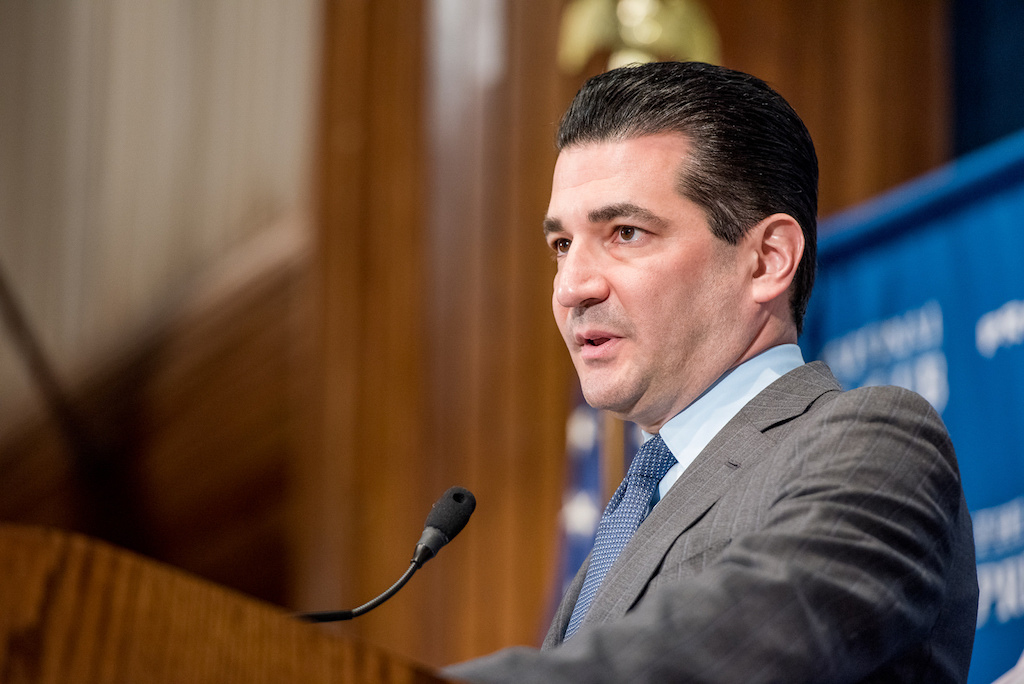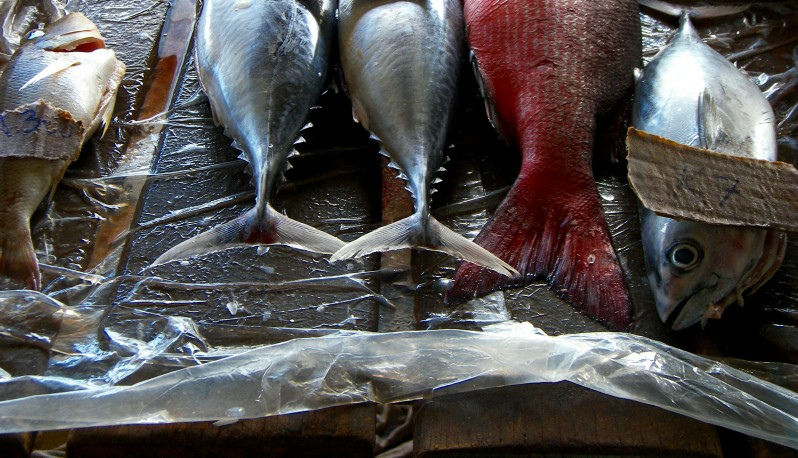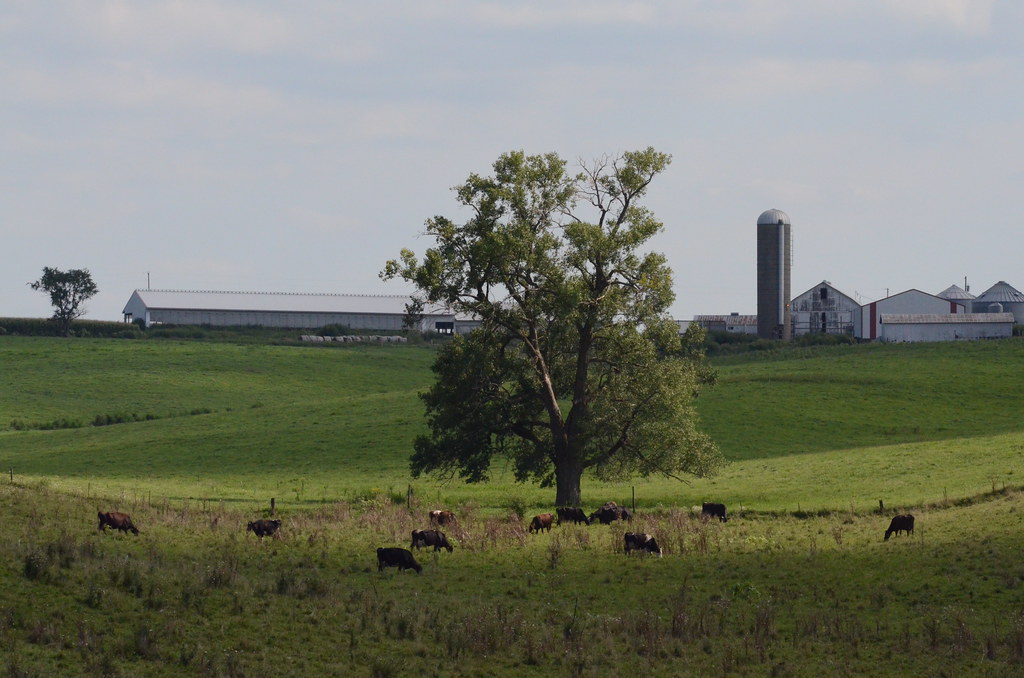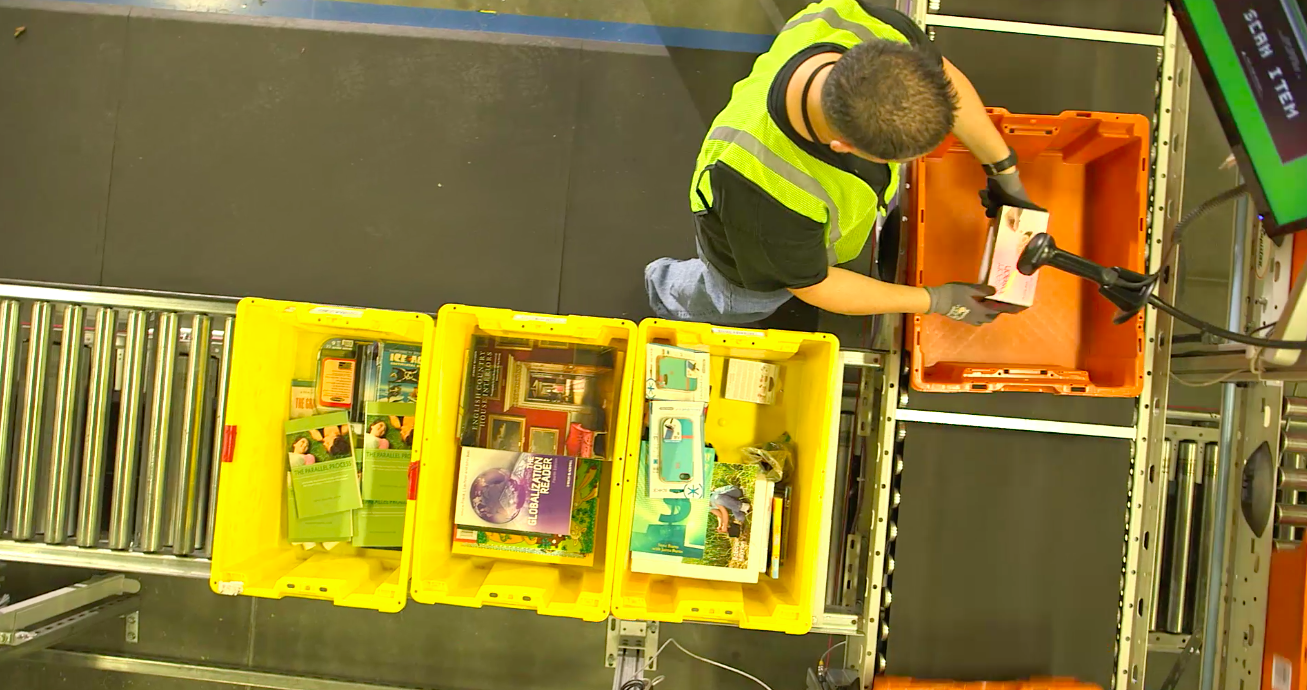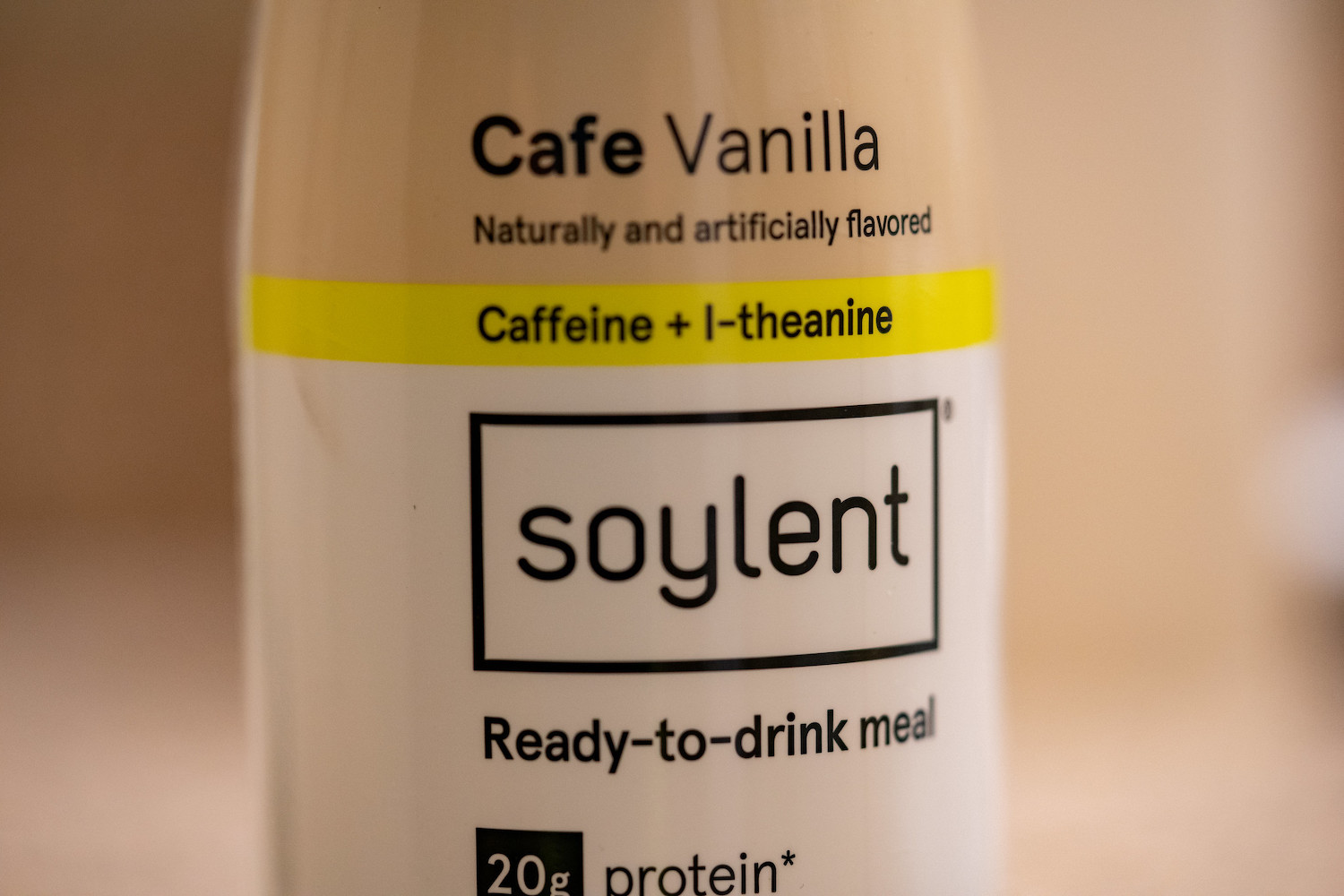This is the web version of a list we publish twice-weekly in our newsletter. It comprises the most noteworthy food stories of the moment, selected by our editors. Get it first here.
If a tree falls in a forest. Some of the world’s biggest agribusinesses have pledged to divest from suppliers who deforest. But verifying that is no easy task, so staffers at the World Resources Institute have developed the “Google Maps of forests” to help companies monitor deforestation across the globe. NPR’s Dan Charles reports that the online mapping tool uses weekly satellite data from NASA to track forest reduction over time. It’s a win for the earth, and a win for food producers, who won’t be able to claim plausible deniability about deforestation going forward—though they probably still will.
Forever simmer. Step away from the news cycle for a minute, because we all deserve soothing soup content. Australian magazine Smith Journal highlights a lovely video about an enormous pot of beef noodle soup that’s been burbling in Bangkok for 45 years straight. The family who runs the restaurant lovingly tends to their precious cauldron every day, adding stewed beef, tripe, and veggies to keep things fresh.
Strawman argument. Anyone else bored by the Straw Discourse? It’s great we’re all talking about the planetary consequences of our consumer habits, but this particular conversation has become a goofy cultural touchstone that arguably distracts from other pressing concerns. If you really want to become a straw nihilist, please see this piece from CNN, which reports McDonald’s swapped out its plastic straws, which are recyclable, for paper straws, which are not.
Stubborn strain. A fresh New York Times investigation follows a 2015 outbreak of antibiotic-resistant salmonella that originated on hog farms in the Pacific Northwest. Turns out, investigators could not gain access to the farms in question because of a complex web of rules that protect farmers from having to disclose how many antibiotics they feed their pigs. Public health advocates say it’s extraordinarily difficult to understand antibiotic-resistant bacteria without this data. Four years after the outbreak, there are no reforms in sight.
Yearning for yuan. On Monday, China announced it would halt all imports of U.S. agricultural goods in response to Trump’s recent escalation of the trade war, the Wall Street Journal reports. (To recap: Last week the president announced an additional 10 percent tariff on $300 billion in imports; China responded by allowing the yuan to weaken; the U.S. immediately classified China as a currency manipulator.) This is a very big deal for farm country—Farm Bureau president Zippy Duvall called it a “body blow.”

